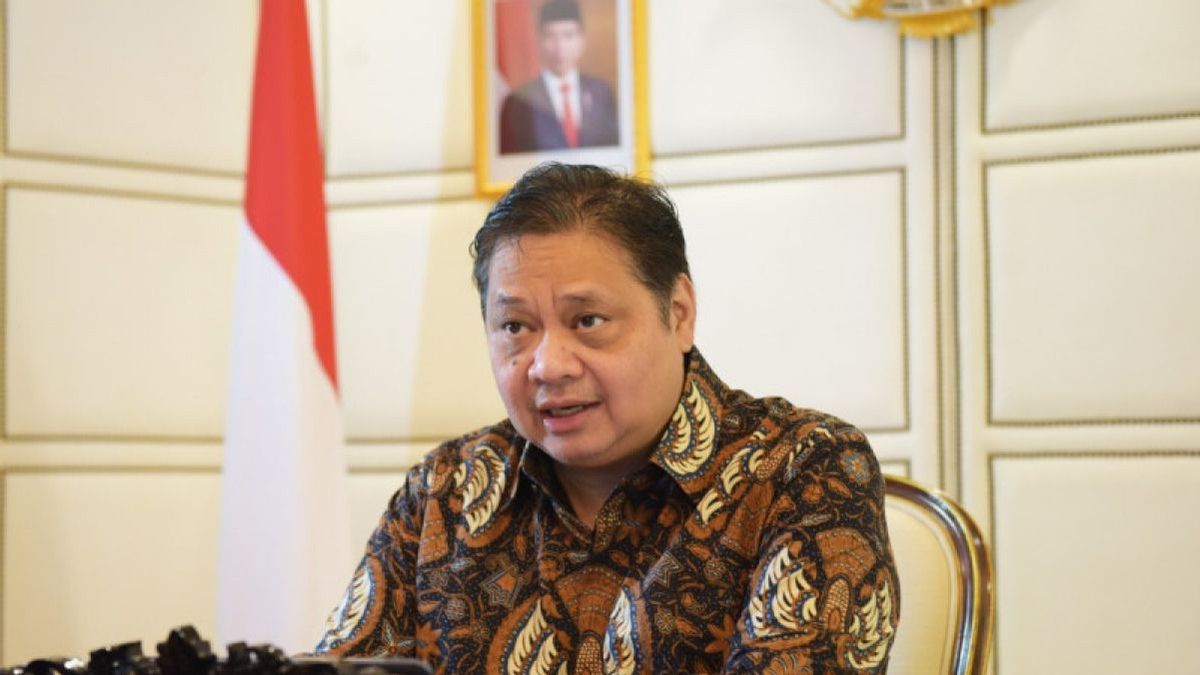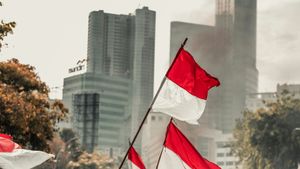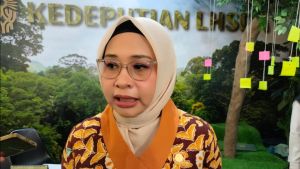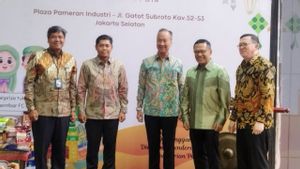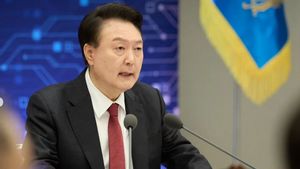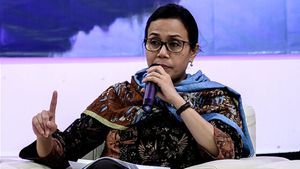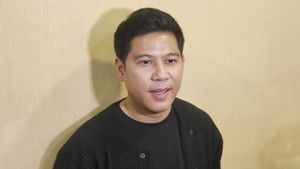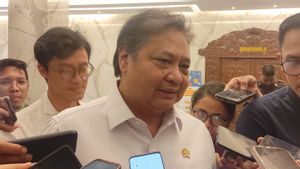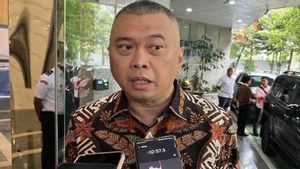JAKARTA - The Coordinating Ministry for Economic Affairs said that palm oil is a strategic commodity that drives Indonesian exports with an export value of 28.45 billion US dollars or close to 12 percent of total non-oil and gas exports with a total of 16.2 million workers.
Coordinating Minister for Economic Affairs Airlangga Hartarto said that palm oil commodities are the driving force of the economy as well as have a positive impact in order to reduce the level of national poverty.
Airlangga added that Indonesia is the world's largest palm oil producer, with a total production of 56 million tons with an export of 26.33 million tons, so that it fills around 54 percent of the world market.
"The export destination is more than 125 countries, as stipulated for food, energy, and other downstreaming and as foreign exchange resources, of course we need to maintain its sustainability," he explained at the National Coordination Meeting for the Implementation of Presidential Instruction Number 6 of 2019 concerning the National Plan for Sustainable Palm Oil Plantation in 2019-2024, Thursday, March 28, 2024.
According to Airlangga, the government continues to develop the downstream oil palm industry, so that it is not only concentrated on exporting raw materials, but also downstream products, or final procurements with high added value.
In addition, the government continues to encourage the mandatoryroy biodiesel program which has now been piloted for B40 and last year's biodiesel realization of 12.2 million kiloliters, and of course this greatly affects absorbing domestic CPO.
SEE ALSO:
Airlangga said the government had also issued various policies, including Indonesia's sustainable palm oil or ISPO certification and the People's Palm Oil Rejuvenation (PSR) program.
"The presidential regulation on ISPO aims to accelerate sustainable certification for large-scale businesses and oil palm plantations. The revised Presidential Regulation and ISPO also include the continuation of the supply chain of palm oil or traceability, by strengthening the concept of downstreaming," he said.
According to Airlangga, this is important because it is a response from the government to the European Union Deforestation Regulation (EUDR) policy decided by the European Union (EU).
Airlangga conveyed that the People's Palm Oil Rejuvenation (PSR) policy is expected to be accelerated because it currently only reaches 150 thousand hectares per year, and this is less than 30 percent of the target set by President Joko Widodo, which is 180 thousand hectares per year.
The English, Chinese, Japanese, Arabic, and French versions are automatically generated by the AI. So there may still be inaccuracies in translating, please always see Indonesian as our main language. (system supported by DigitalSiber.id)
